Your Gut Bacteria Are Making You Old… And What to Do About It
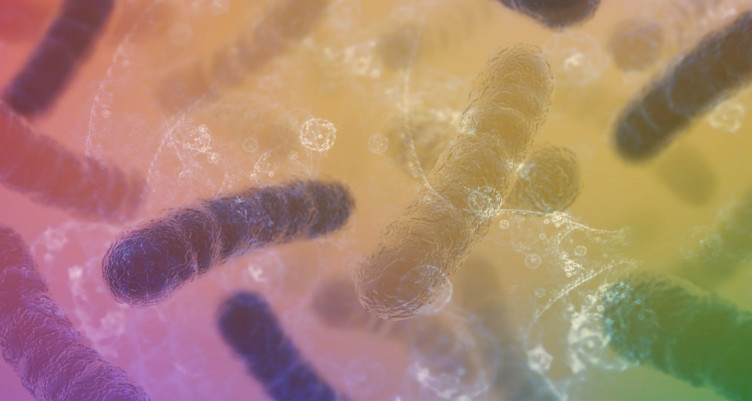
- Your combination of gut bacteria, and how many different types you have, may determine how well you age.
- Gut bacteria do a lot — they may determine whether you’re thin or fat, or whether you experience different illness.
- Healthy people share certain species and a similar mix of gut bacteria that could help them live longer.
- How to heal your gut to stay young: Eat lots of vegetables, load up on polyphenols, avoid certain probiotics, eat more resistant starch, and get a gut test.
Cast your mind forward for a second, say 40 years into the future. How do you hope to feel, to move, and to think? I’ll bet a lot of money that you want to be as mentally and physically with it then as you are now. So how do you make that happen? A growing body of research suggests that the secret to a long, healthy life lies in the gut. Your combination of gut bacteria may determine how well you age. Read on to find out why, and how you can purposefully change your gut bacteria so you can live forever (or till you’re at least 180 — that’s my goal anyway).
First things first: What are gut bacteria?

Trillions of microscopic organisms — bacteria, viruses, fungi, and other microbes — inhabit every part of you. Most of these tiny bugs hang out in your gut, and bacteria are the most studied of these microbes (scientists have so far identified 1,000 species of bacteria in the gut).[1] Some bacteria are beneficial, and some are harmful. You want to keep a good balance between the good and the bad guys — too much bad bacteria causes disease.[2] Bacteria work hard — they help digest your food, protect your immune system, and produce B vitamins and vitamin K, which helps make proteins that clot blood.
Scientists are now discovering that gut bacteria do far more — they may determine whether you’re thin or fat (more on that in a bit), or whether you experience different illness.[3]
Your gut microbes also influence your brain structure and how well your brain functions. Keeping your brain sharp and in working order is essential to living a long, happy life. One study found that certain gut bacteria can actually influence the growth of myelin — the fatty layer that insulates brain cells. Myelin helps brain cells communicate via electrical signals.[4] Gut bacteria may also play a role in migraines — one study found that migraine sufferers had higher levels of gut bacteria known for breaking down nitrates (found in processed meats and leafy greens).[5]
Learn more here about gut bacteria and how you can keep your gut thriving and healthy.
Gut bacteria and aging: It’s all in the right mix
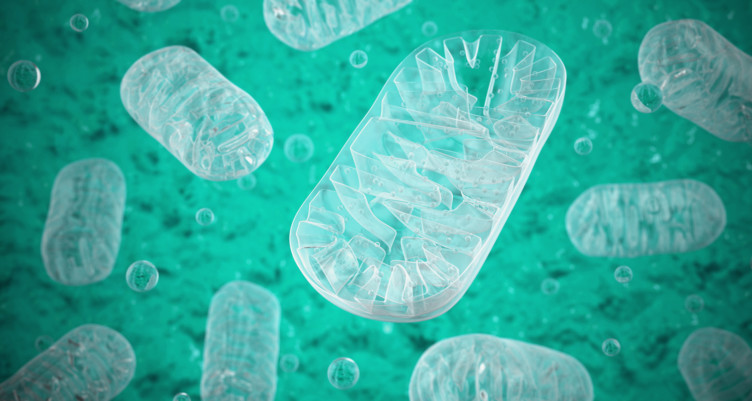
Your gut microbiota are going to look different to mine — everyone has a unique mix. But healthy people share certain species and combinations of gut bacteria that could help them live longer.
In one study out of China, the healthiest elderly people — some over 100 years old — had a similar mix of gut bacteria to healthy people in their thirties.[6] (“healthy” here was defined as having no known health issues or family history of disease).
Gut bacteria can also impact your mitochondria — think of these as the battery packs that power your cells. Strong mitochondria are key to staying young — they give your body and your brain the energy necessary for peak performance and healthy aging.
Learn more here about how mitochondria put the brakes on the aging process.
Gut bacteria and weight
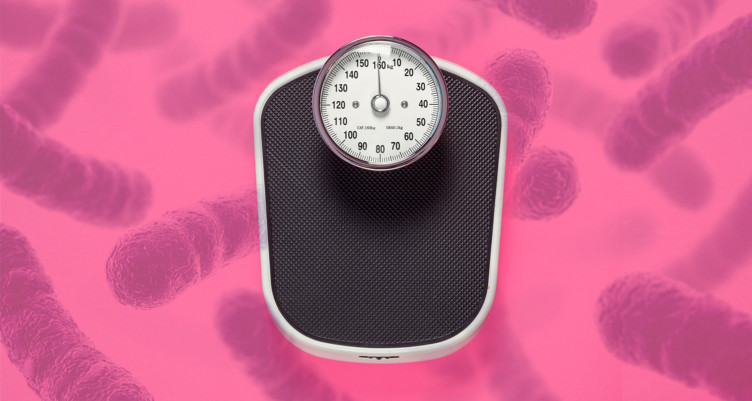
Being overweight increases your risk dying early — that’s not a news flash. If you’re obese, you’re more likely to get diabetes or heart disease (and that’s just the start of a long list of life-threatening illnesses).[7]
Staying within a healthy weight range will go a long way to keeping you healthy and alive for years to come.
So what’s your gut bacteria got to do with weight? A lot, it turns out. Emerging research shows that obese people and thin people have different types of gut bacteria.[8] One study looked at 77 pairs of twins — one twin was obese, the other wasn’t — and found that the overweight twin had different gut bacteria, and less of a diverse mix, than the thinner twin.[9]
Naturally lean people have more of a bacteria from the Bacteroidetes species, and less from the Firmicutes species.[10]
You can’t buy Bacteroidetes as a supplement, but you can increase your levels of it by eating foods loaded with antioxidants called polyphenols — more on that later.
Gut bacteria also produce a hormone called FIAF (fasting-induced adipose factor) which tells the body to burn fat instead of storing it. If you want to encourage more FIAF production, starve the bacteria of starch and sugar. When bacteria are “hungry,” they make more FIAF, and you burn more fat.
Yogurt, gut bacteria, and weight gain
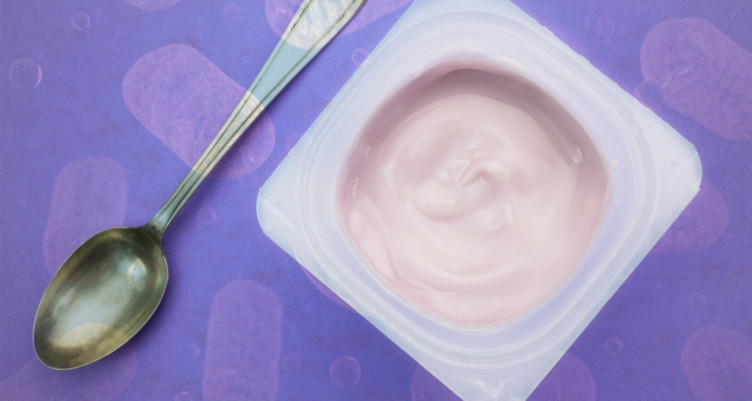
Some bacteria strains commonly found in yogurt — a so-called “health food” — increase your levels of histamine, the same chemical your body produces during an allergic reaction.[11] When you have too much histamine in your system, your body releases adrenaline to get rid of the excess, which over times causes inflammation.[12] Read below find out what bacteria to avoid.
How to your gut healthy
Eat plenty of nutrient dense foods

Focus on eating lots of nutrient-dense vegetables, good fats like avocado and salmon, and high-quality protein (grass-fed beef, wild fish, and pastured eggs are my top picks). These foods heal your gut and lower histamine intolerance. The key here is variety — this ensures that no one strain of bacteria dominates over the others. Check out the Bulletproof Diet Roadmap to learn about the best foods to eat for a healthy gut.
Load up on polyphenols
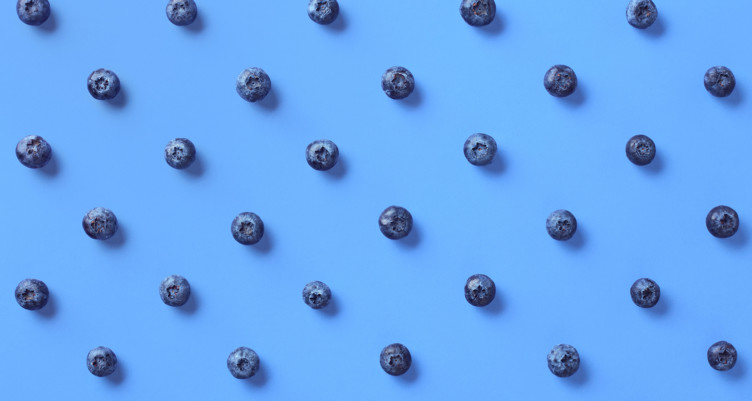
Polyphenols — found in brightly colored vegetables, berries, coffee, and chocolate — can actually change the composition of your gut bacteria, increasing the amount of good bacteria and lowering the amount of bad bacteria. In one study, people who drank a wild blueberry drink for six weeks saw an increase in beneficial gut bacteria.[13]
Choose probiotics wisely
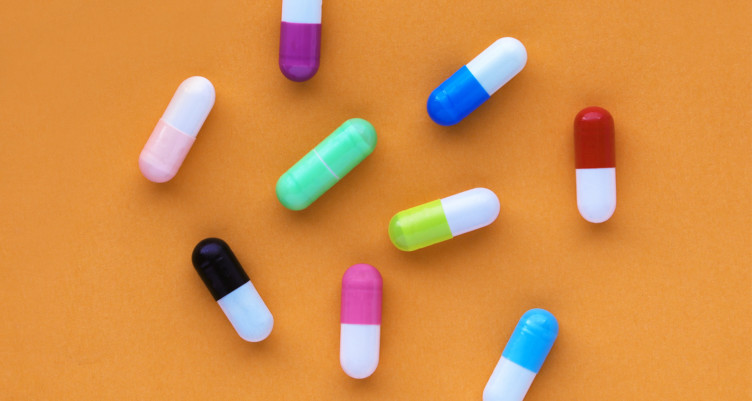
If you are concerned about histamine levels, try to limit your intake of supplements or foods that contain the probiotics Lactobacillus casei, Lactobacillus reuteri, and Lactobacillus bulgaricus. These histamine-producing bacteria are also present in so-called health foods like conventional yogurt and aged or fermented foods.
Eat more resistant starch

Resistant starch is a type of starch that your body can’t digest — it passes through the stomach and small intestine and arrives in the colon intact. Here’s why resistant starch is so good for your gut — it acts like a prebiotic, and prebiotics are what your good gut bacteria eat.[14] They love the stuff! Learn more here about the benefits of resistant starch and the best sources of it.
I would look for a prebiotic supplement with acacia gum and partially hydrolyzed guar gum, or you can get your resistant starch from cooled white rice cooked with coconut oil (or a high-quality MCT oil).
Get a gut test

You can send a fecal sample to a company like Viome — they analyze your stools and tell you exactly what’s going on in your microbiome. You’ll get a super detailed report that includes a list of all the bacteria in your gut, how your microbes compare to other people’s, and recommendations for supplements to take and foods to eat. You can test periodically to see whether any changes you’ve made are working. I used the test and here’s what I learnt (you can see a scan of my results below): I scored in the 94th percentile for active strains of microbes compared to other Viome users. What does that mean? My gut is in pretty good shape. The more good bacteria you have — and the more diverse the mix — the healthier you are.



I even have a rare species of Bacteroides (the species more common in thin people) first discovered in a pygmy woman in the Congo.[15] Pretty cool stuff.
Sign up for early access to sales, product launches, the latest Bulletproof news and more!



